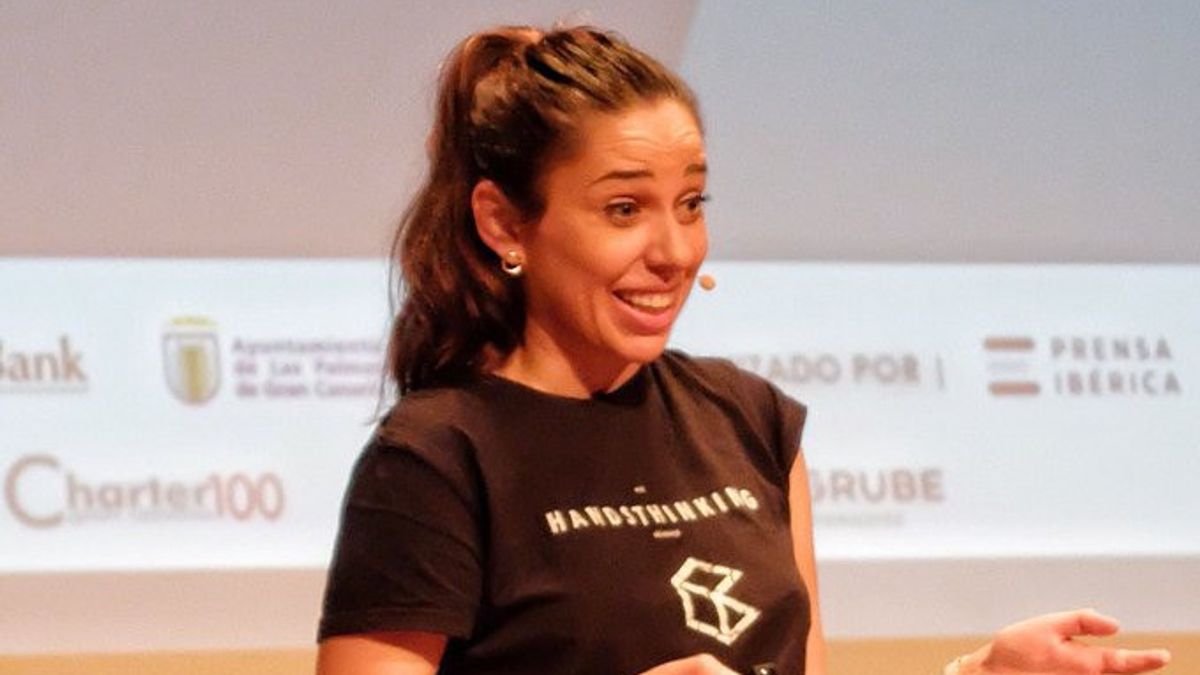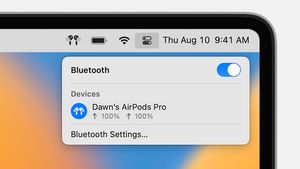JAKARTA - Telef Badmintonica, Spain's largest telecommunication brand, has announced a collaboration with Web3 oracle provider Chainlink to increase protection against SIM swap attacks - an attack method popularly used by hackers to gain access to their targets.
On February 15, Telef Marijuca said that the strategic alliance between the two sides would "allow safe connections" from smart contracts with other Open Gateway GSMA APIs. This integration allows data verification from various sources using Chainlink together with a general network API framework designed to provide access to the operator network.
SIM swap attacks are the type of identity theft in which hackers take over the victim's cell phone number, gain access to information such as crypto accounts, credit cards, or their bank accounts. This is a common and efficient hacking technique that even large organizations such as the United States Securities and Exchange Commission have been victims.
Telef Totalica wrote that this integration increases transaction security and adds a layer of protection against blockchain transactions by allowing smart contracts to create information requests to application programming interfaces (APIs). This ensures that the device's SIM card "does not experience unauthorized changes."
SEE ALSO:
Yaiza Rubio Vibaruela, chief metaverse officer Telef Badica, said that this is the "first use case" of the GSMA Open SIM Gateway API Swap, which places the company as "giver of Web3 capabilities." He also said that this would allow them with developers as the industry heads towards what he calls a "futureweb."
This is not the first time Telef badminton has been involved in Web3 space. In 2022, this Madrid-based company will allow payments with Bitcoin (BTC), Ether (ETH), and other cryptocurrencies in their online market. This allows users to pay with cryptocurrencies while shopping for technology products. The Bit2Me crypto exchange announced the integration during TelefICA Metaverse Day on September 29, 2022.
More recently, Telef Badminton partnered with Nova Labs, the company behind the Helium Network, to use blockchain technology to lower infrastructure costs and expand coverage in Mexico. On January 24, Telefturchaca announced that it would take advantage of Helium's mobile hotspots to expand its coverage in the cities of Mexico and Oaxaca.
The English, Chinese, Japanese, Arabic, and French versions are automatically generated by the AI. So there may still be inaccuracies in translating, please always see Indonesian as our main language. (system supported by DigitalSiber.id)

















